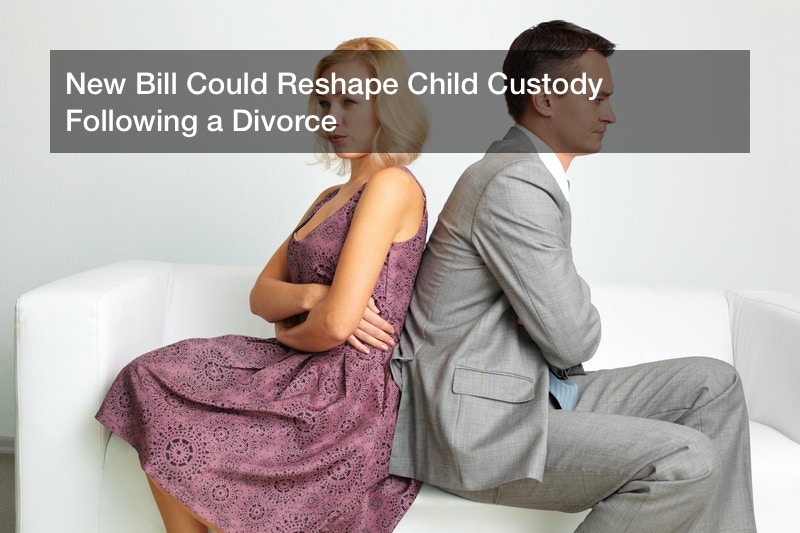
Divorce is tough on the couple, sure, but it’s much more difficult on the children. Whether it’s an infant, a toddler, or a teenager; they’ll pick up on the situation and quickly realize something is wrong. If not handled properly, this could lead to serious issues down the line.
Divorce courts deal with four basic types of childhood custody recognized under state laws:
- Sole Physical Custody — The child will reside with and be under the supervision of one parent.
- Joint Physical Custody — Both parents will have significant periods of custody and continuing contact with the child.
- Sole Legal Custody — One parent will have the right to make decisions about the child’s health, education, and overall wellbeing.
- Joint Legal Custody — Both parents share the right and responsibility to make important decisions about the child’s health, education, and overall wellbeing.
In divorce cases, the non-custodial parent will have only around 88 days with their child in a single year. According to KCRG, a new bill that could reshape childhood custody within divorce cases is making its way through legislation. The Senate bill encourages judges to grant joint physical custody when point legal custody is awarded. Meaning the child would split time living with both parents and both parents would have equal decision-making powers.
There would be, however, an exception in situations when joint legal and physical custody would harm the child:
“I got a divorce in October 2013 and I’ve been an ‘every other weekend dad’ since that time,” said Matthew Hickok, who has five kids and only gets to see them twice a month and is co-founder of Families United Action Network, a group that has been pushing for a bill like this. “You become kind of a Disneyland parent on the weekend where you’re trying to cram as much fun as possible into that weekend but you’re missing out on the routine things that actually build trust and build a relationship with your children.”
This conflict between parents can be extremely traumatic for children of all ages.
“It puts them at risk with just about every category for severe emotional and behavioral problems, struggling in school and repeated those same relationship patterns in their own lives,” added Jenny Schultz, attorney and director of Kids First, a non-profit that provides legal and counseling assistance for children during these difficult familial times.
The bill was reported out of committee on Monday, March 11 and is now up for discussion by the full U.S. Senate.



